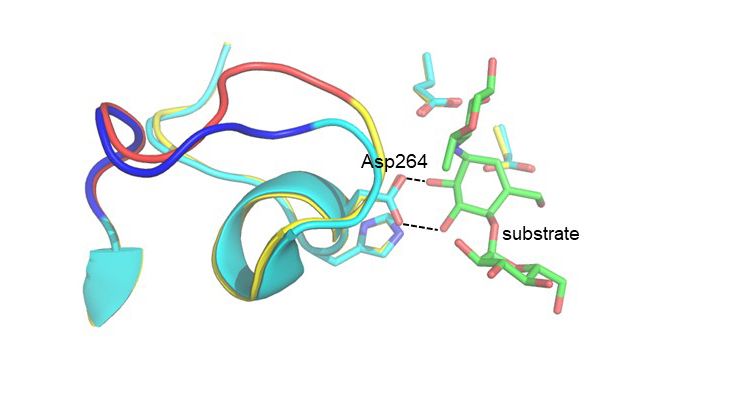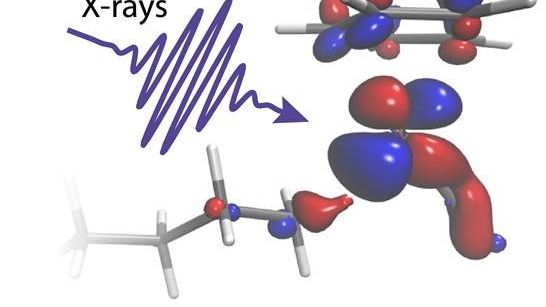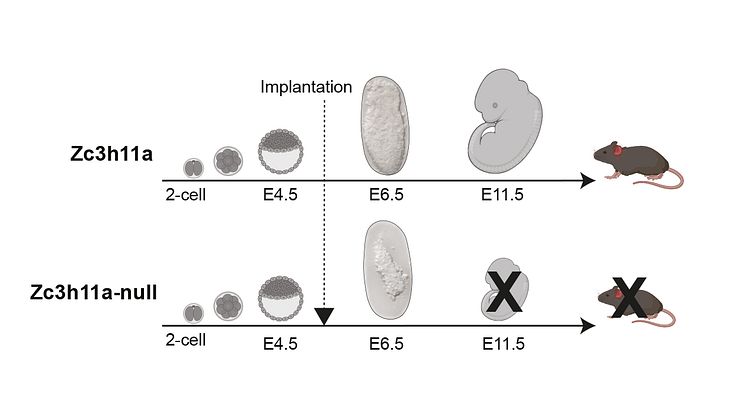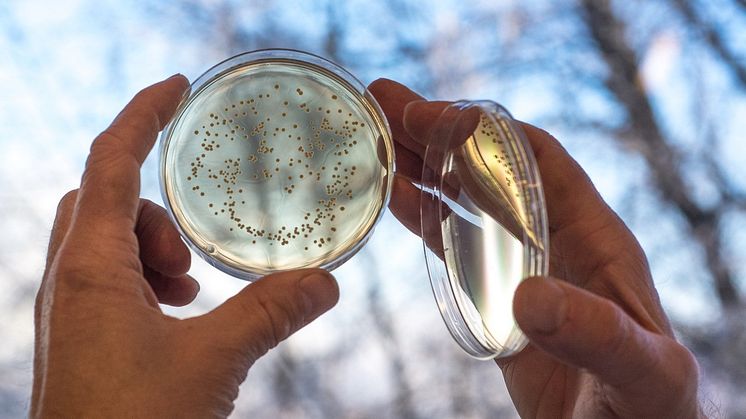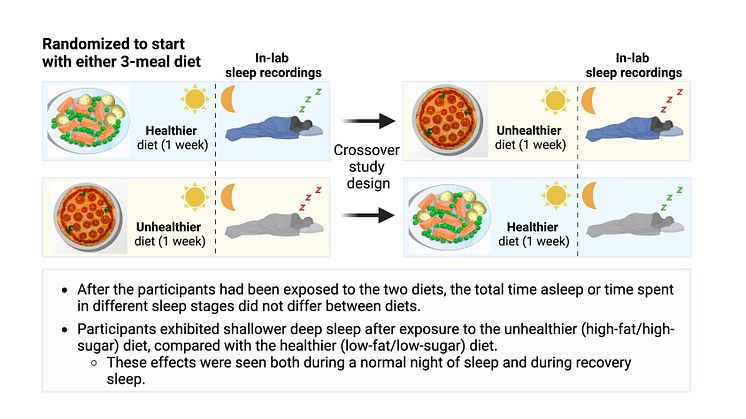Gut bacteria linked to fatty deposits in heart arteries
In a major Swedish study, researchers have discovered a link between the levels of certain bacteria living in the gut and coronary atherosclerotic plaques. Such atherosclerotic plaques constitute a major cause of heart attacks. The study was led by researchers at Uppsala University and Lund University and the findings have now been published in the scientific journal Circulation.
